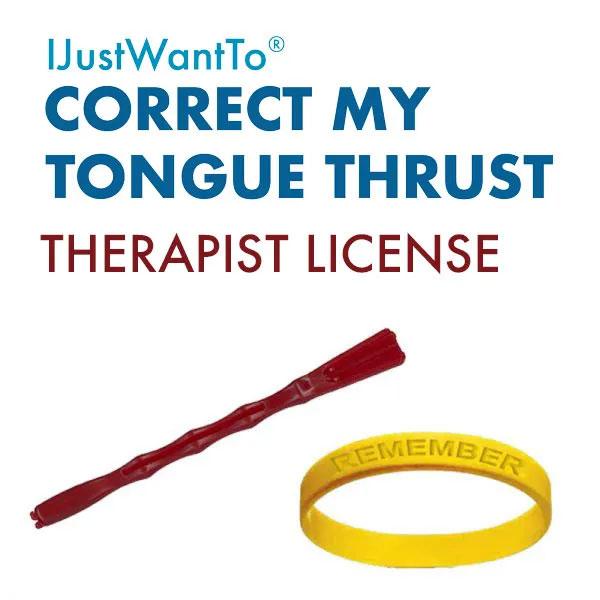Simple Breathing Exercises to Reduce Stress
The good news is there are a number of simple ways to reduce your level of stress. At its most basic, stress is a condition that simply causes muscles throughout your body to tense up. As a short-term reaction, this is fine, but over time that tensing can cause a cascade of effects throughout the musculoskeletal, immune, and nervous systems as your muscles put prolonged pressure on joints and organs.
Some common symptoms chronically stressed individuals experience are:
- Frequent headaches
- Irritability or depression
- Muscle tension or pain
- Back, spinal pain, or poor posture
- Fatigue and problems sleeping
But it doesn’t have to be that way. Today we take a look at some of the simplest ways to help lower your stress daily through breathing exercises and more.
1. Mindful Breathing
When our body is in a relaxed state, we naturally take long, deep breaths without even thinking about it. Stress and the tension in muscles often restrict movement in the chest cavity, causing more shallow breathing on instinct.
Taking a few moments out of every day to cogently focus on deep breaths helps loosen up that tension and increase oxygen flow throughout the body. By boosting oxygen and focusing on allowing the core muscles to loosen, you can help your body get back to a stress free state. As you begin to feel more relaxed, you become less stressed.
Here are some great breathing exercises to try:
- Cleansing Breath: With this exercise, simply breathe in deeply through your nose, pulling in as much air as you can. Exhale all of it, emptying your lungs as completely as possible. Repeat this cycle of deep breaths a few times.
- Counted Breathing: In this exercise, you focus more on controlling your breaths precisely. Inhale through the nose over a count of about 5 seconds with your tongue placed at the roof of your mouth behind your teeth. Pause briefly, then exhale slowly through your mouth for 8 seconds. Counting helps place deliberate slow pacing on your breathing and gives your mind something specific to focus on.
- Meditative Breathing: Get yourself in a comfortable position, either seated or lying down. You don’t need to focus on times or counting but inhale deeply from the diaphragm and let the exhaled air escape at its own pace. You can imagine yourself in a calm spot and visualize the stress itself leaving your body on each exhale.
If you have a bout of stress coming on, take the time to breathe. But it can also be helpful to incorporate any of the above into your daily routine. The few minutes after you wake up or before you go to bed are excellent times to help manage stress.
2. Meditative Exercise and More
In addition to just using the exercises above, incorporate mindful breathing into other activities. Physical activity is a top way to help burn off stress, but that doesn’t mean you have to hit the gym for a heavy workout session. Relaxation and meditative exercises are exceptional at reducing stress and improving your overall health.
Mindful breathing exercises pair wonderfully with meditation, yoga, and massages. But we also relax when we laugh. Spend time engaging with things, friends, and family members that make you smile and laugh. Or check out a laughter yoga class!
3. Breathe Better When You Sleep
A good night's sleep is essential to maintaining good health and a positive attitude. Nothing brings you down more physically and emotionally than consistently waking up tired. Regular good sleep improves not only daily productivity, mood, and quality of life but can also lower the risk of many chronic conditions, including stress.
One of the best ways to combat stress is to wake up rested. And while we can try to loosen up our breathing while awake, once we are asleep, our breathing is back in the hands of our unconsciousness. There are a few simple ways to improve your breathing while sleeping, including using nasal strips, side sleeping, or making sure to elevate your head and knees if you are a back sleeper.
If you or your partner snore, wake up with a dry mouth, or generally breathe through your mouth while awake or asleep, that may indicate you suffer from tongue thrust. We typically don’t pay much mind to what our tongue is doing, but it can lead to considerable problems when it isn’t functioning as it should. And that includes messing with our sleep and increasing stress and fatigue.
Addressing Tongue Thrust
If you think you or a loved one may have a tongue thrust, don’t worry. In most cases, it can be remedied with tongue exercises that will help you form a more natural tongue and swallowing motion. Our program is the only one of its kind available. It’s a seven-week exercise program that’s been shown to correct a tongue thrust and repair an improper tongue position.
This is performed by performing particular exercises to strengthen the tongue muscles and make the new tongue placement a habit. When this occurs, nasal breathing should take the role of mouth breathing while awake and during sleep, which can help you get a better night's sleep and breathe deeper during the day.
If you want to correct your tongue thrust, contact IJustWantTo® Correct My Tongue Thrust or visit our online store. Start breathing through your nose, find relief from snoring and fatigue, and wake up without having a dry mouth and sore throat.



